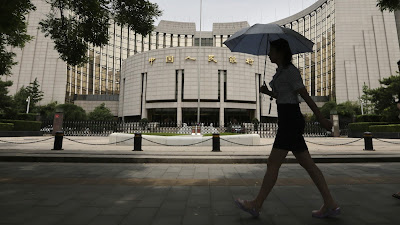Shareholders Attempt to Intervene in Tesco’s Business Plan: A Welcome Change of Mentality

In the second post today, the focus will be on the news recently that two major shareholders in Tesco, the massive retail company that engages in multiple avenues of business, have sought to publicly express their opposition to the company’s plans to purchase Booker , a wholesale grocery firm, for a reported £3.7 billion. Whilst there are more elements to this story which need to be discussed, the sentiment that is emanating from this news, that shareholders are taking the long-term into account and not succumbing to the destructive narrative of growth at any cost is the most important way forward, is a very welcome sentiment indeed. Therefore, this post will assess these details, and also the importance of this sentiment being repeated in other arenas. The attempted merger with Booker, which was originally made public in January, was billed as a move which would bring benefits to customers, retailers, and ultimately deliver ‘ significant shareholder value ’. However, the deal










